Will Ukrainian refugees return home: the competition for Ukrainian people
Many polls indicate that the vast majority, approximately 80%, of Ukrainian refugees intend to return home. However, it is not their intentions, but rather external factors, including the intentional policies of other countries to integrate Ukrainian refugees, that will determine the outcomes. These effects have been studied by Iryna Kliuchkovska, a researcher focused on the Ukrainian diaspora.
Kliuchkovska provides an example of labor migrants who left Ukraine in the 1990s due to the economic depression. Initially, 90% indicated a desire to return to Ukraine; in reality, this was not the case.
“Despite all the empathy from the outside world and the desire to help us, we see the investment in our people is a marketing ploy and calculation. Now you are a refugee, but tomorrow you are the person who will raise our GDP and strengthen our economy,” Kliuchkovska said during the “Human and social capital: losses of the war and the development of the renewed Ukraine” conference at the Ukrainian Catholic University.
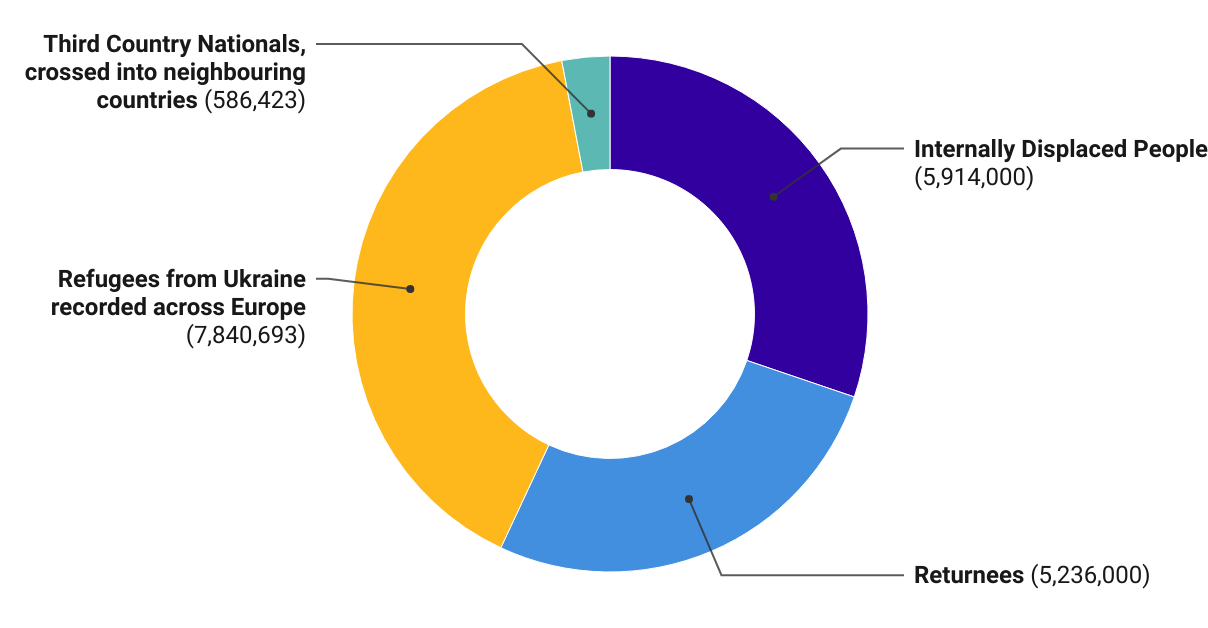
Kliuchkovska provides examples of several countries that have been establishing deliberate policies to integrate Ukrainian refugees: Ireland pays refugees 800 euros per month, Germany pays 400 euros, and Poland pays 160 euros.
“Little Ireland set 3 million dollars for potential migrants from Ukraine. Poland also understands the importance of educated Ukrainians – their GDP was raised by our migrants after they had Covid and economic troubles. Therefore, these countries are ready to accept our people, having previous experience with them,” Kliuchkovska notes.
40% of Ukrainian refugees are currently employed in the countries where they reside, she adds.
In 2022, 3,500 Ukrainian doctors applied for medical licenses in Poland, a country that struggles with a deficit of medical specialists. 2,000 of those who applied have already been granted licenses. This, however, creates a big problem for Ukraine because of a similar problem with a shortage of doctors, Kliuchkovska concludes.
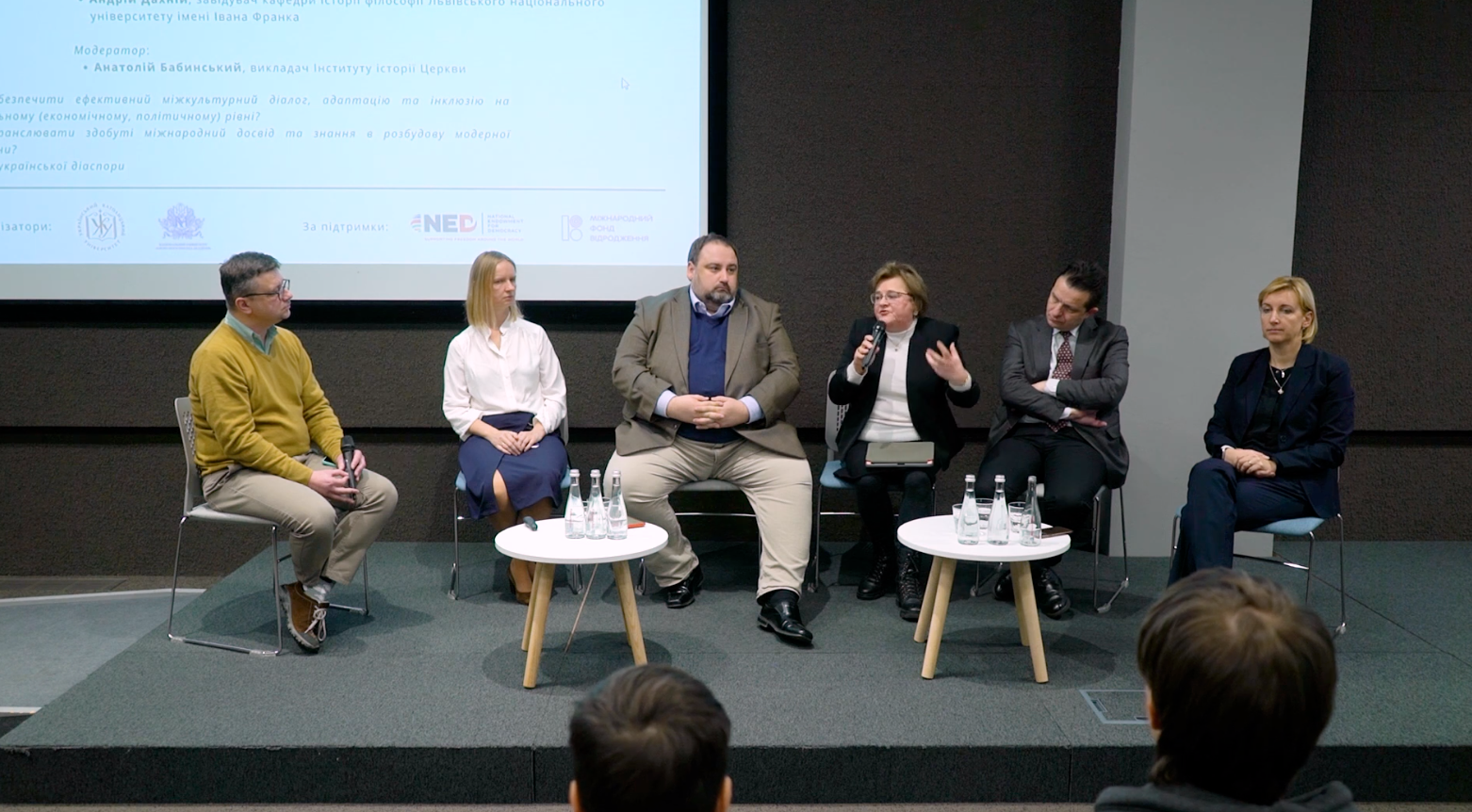
Of the adult Ukrainian refugees leaving in 2022, 90% come from urban areas, and 83% have some higher education, according to the Razumkov Center. This means that the majority of Ukrainian refugees are highly educated individuals from the middle class. Ukrainian sociologist Nataliya Zaitseva notes that there are especially high numbers of entrepreneurs, highly qualified specialists, and heads of enterprises among Ukrainian refugees.
Refugees are fairly young: 71% of adult refugees from Ukraine are aged 30-49, while only 11% are aged 50 or older. Due to laws prohibiting men under the age of 60 from leaving Ukraine barring exceptional circumstances such as health, family, professional or academic issues, Ukrainian refugees also tend to be predominantly female, with a refugee population of 93% women.
Host countries that struggle with the problem of an aging population, low birth rate and the lack of qualified individuals benefit from integrating Ukrainian refugees, while Ukraine itself faces similar challenges, amplified by the current war and demographic problems which take root in the 20th-century Soviet terror.
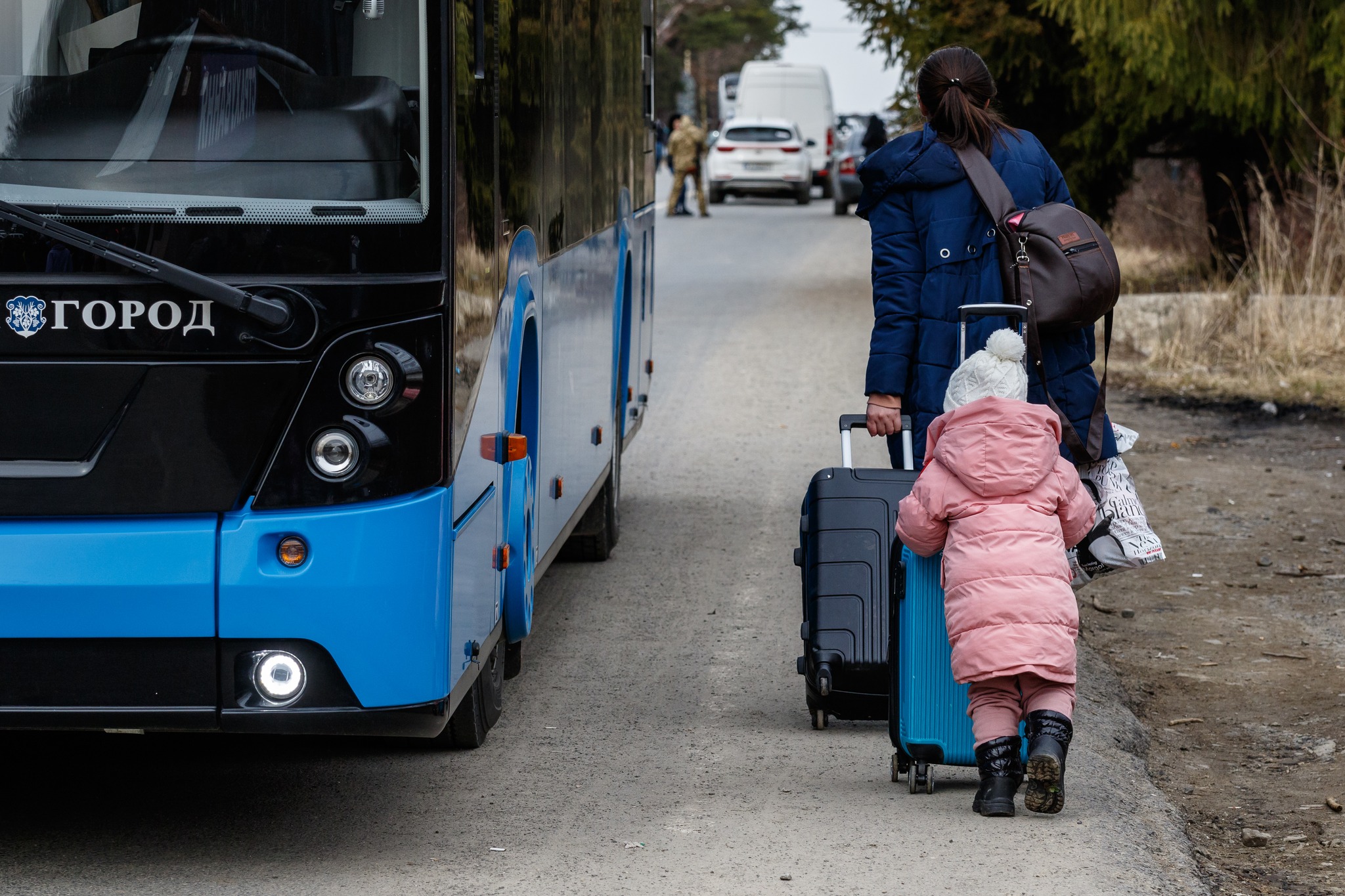
In June, Ella Libanova, the director of the Institute of Demography and Social Research of Ukraine’s Academy of Sciences, said that if the war lasted until the end of summer 2022, Ukraine would lose 500-600,000 people. If the war lasts for one year, the irreversible losses will be measured in millions.
“The quality of a Ukrainian refugee is very different from Europe’s previous experience. The services [in Europe] that communicated with them were surprised, because people’s first question was not about accommodation or food, but where one could learn languages and where one could get a job,” Kliuchkovska says. “Foreign societies are ready to accept our people, and many of them have programs for the integration of our people.”
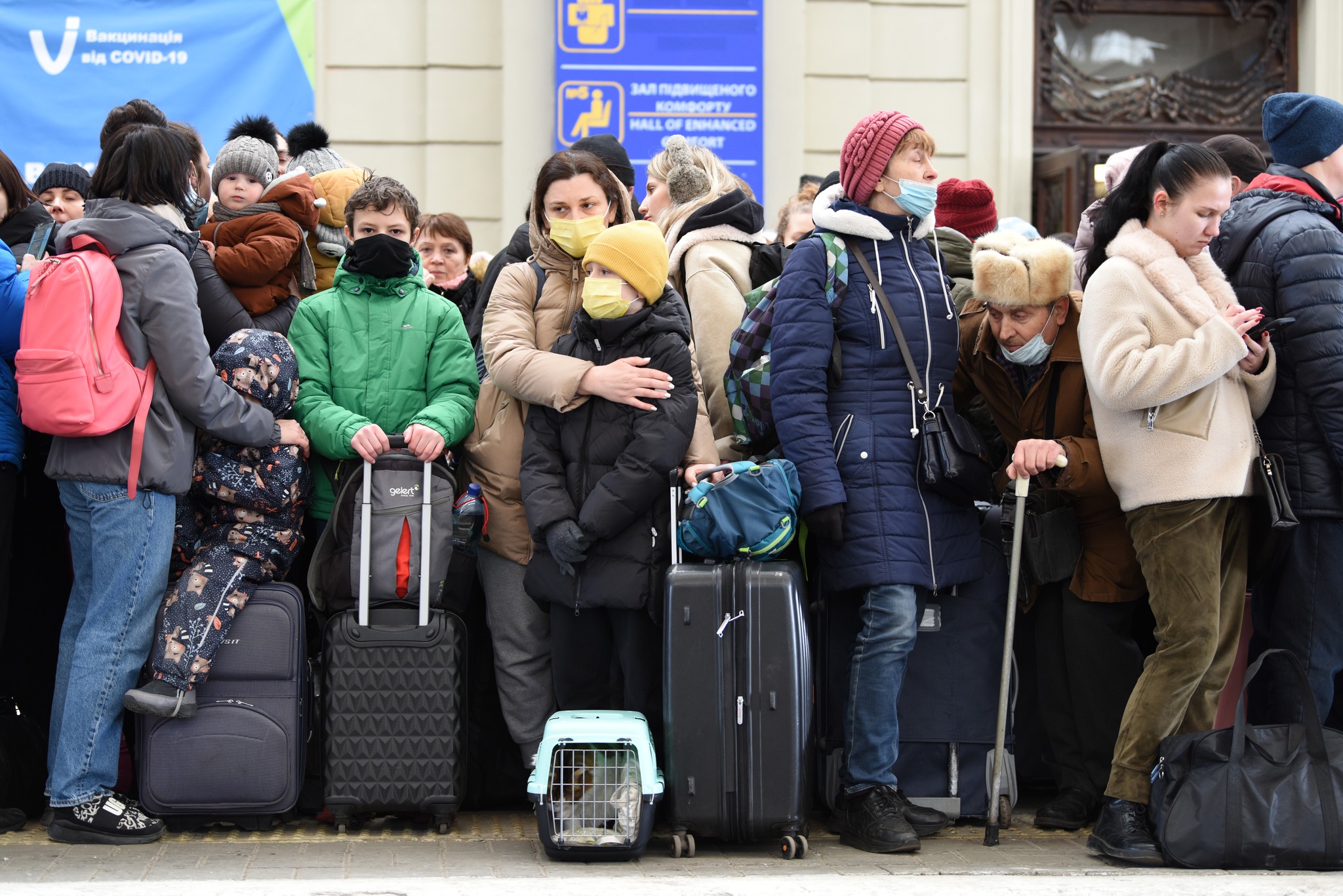
It is necessary for Ukraine to understand that not all people will return, Kliuchkovska says:
“We must clearly understand that we have to work with these people [who stayed abroad] so that they do not lose their identity.” It is also necessary to understand that “those who left are actively taking root, not because they want it, but because of external factors.”
To return or not to return: motives that define decisions
The new social contacts a person establishes have the largest influence on a person’s decision to remain in the country where they resettled, Zaitseva says. If people stay abroad for prolonged periods of time, they “find new friends or fall in love… That is why it is necessary that the war ends quickly.”
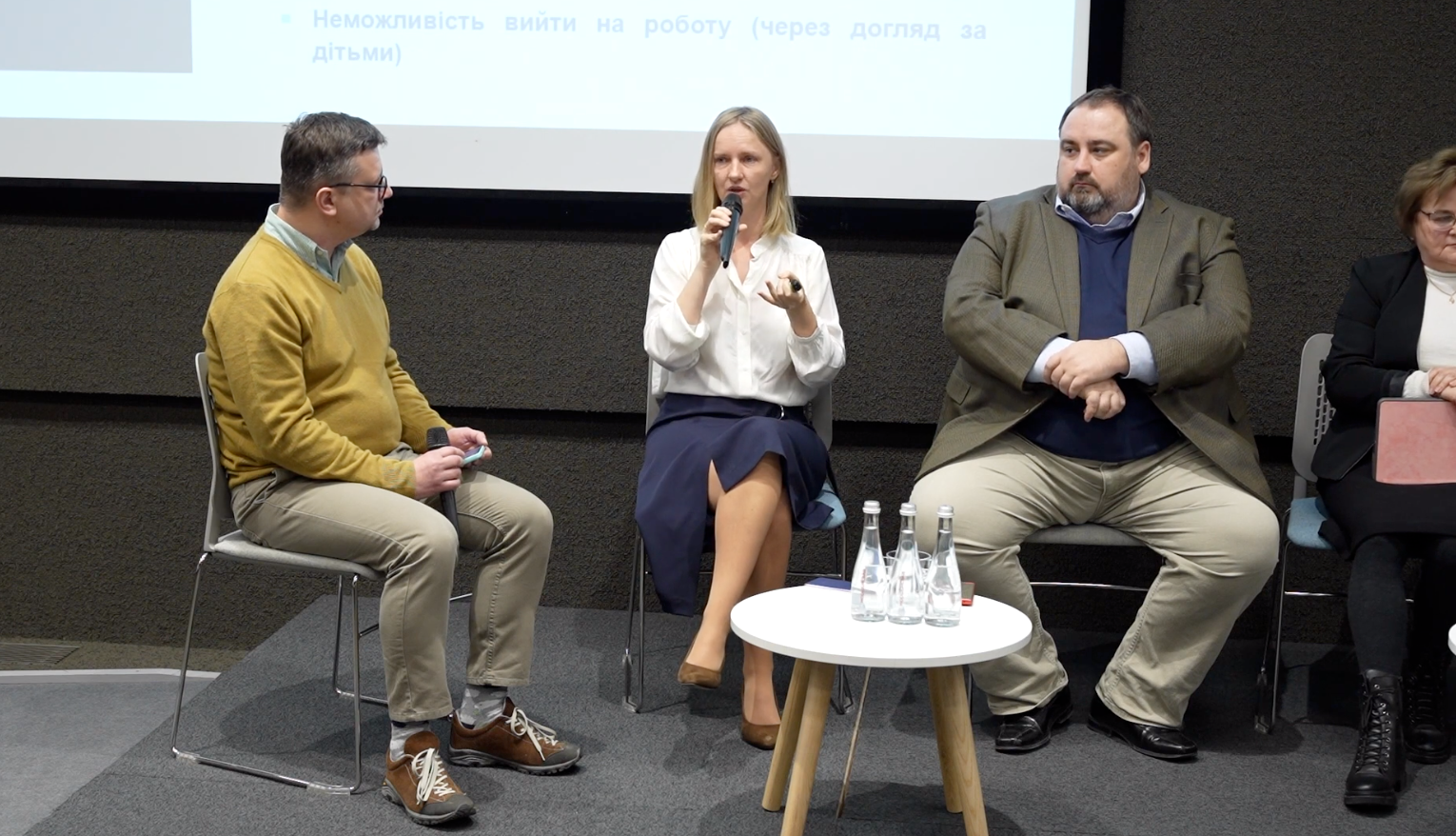
Having observed that presently more Ukrainians want to return to Ukraine, Zaitseva interviewed Ukrainian refugees about their motives to return home and their motives to stay. The researcher identified the primary motivations refugees cited for their desire to return:
- The desire to reunite with family and return to their social circles (Editor’s note: Ukrainian men are prohibited to leave the country without an approved reason. As such, 93% of Ukrainian refugees are women, and families are often separated)
- A limited social circle, exacerbated by limited local language skills
- The difficulties of cultural adaptation
- Longing for home
- Patriotism
- Changing perspectives – people found that they had overrated the quality of life in Europe and underrated the quality of life in Ukraine
- Poor perspectives to maintain high social status – people understand that their social standing in Ukraine may not be maintained in a foreign country
- The absence of their own accommodation
- Poor access to medical services
- Impossibility of working – often due to lack of childcare
- Financial resources being exhausted
- Lack of access to usual medicines
- Persecution by Russian-speaking diaspora
- Disappointment in working conditions and salaries
Zaitseva cited a participant, a young girl from Odesa:
“When I was in Odesa, I wanted to marry a German and leave Ukraine. Now that I am here, I understand that I want home, that I was better in Ukraine.”
Many Ukrainian refugees were surprised to learn that many services are more convenient in Ukraine than in Europe, Zaitseva added. These include banking services, the speed of bureaucracy, and the cost of services.
“The system in Europe is not worse or better; it is just different and much slower,” social scientist Sofiya Opatska says. If, however, refugees are forced to remain for longer than expected, they may grow accustomed to these different systems.
They thought we are cave people: stereotypes Ukrainian refugees face in Europe
Participants in Zaitseva’s research also mentioned their motives to stay in the countries where they relocated due to the war:
- Levels of optimism/pessimism about Ukraine’s future
- High levels of destruction in their home communities in Ukraine
- Social security
- Housing provision
- Work or study
- Language knowledge
- Higher level of security
- Establishment of new social contacts
The situations with security and with workplaces in Ukraine are, according to Zaitseva, the two main factors that influence refugees’ decisions to return.
What Ukraine should do for its people to return: a perspective from Ukrainian government officials
The problem of Ukrainians leaving the country because of the war coincides with a larger demographic decline in Ukraine. This decline has historical roots: analyst Yevhen Hlibovytskyi indicates that in the 20th century, during the era of the Soviet Union, fewer Ukrainians were born than in the 19th century.
Presently there are too few people in Ukraine to maintain its current population, and it is estimated that Ukraine’s population may decrease from nearly 44 million people to only 30 million by 2030. This makes finding ways to encourage Ukrainian people to return one of the most important tasks the Ukrainian government faces.
Ukraine’s population to “catastrophically” shrink to 35 million by 2030, demographers predict
“[Among Ukrainian refugees,] no one waits for schools and stadiums with impressive architectural design. The core of the state is the community – the place to which the person or a child returns. People will return where the best conditions for human development will be created,” says Hennadiy Zubko, Ukraine’s Deputy Prime Minister, Minister for Regional Development, Construction and Housing (2014–2019). “We want to be a human-centric country that will grow communities, particularly for human development,” Zubko adds.
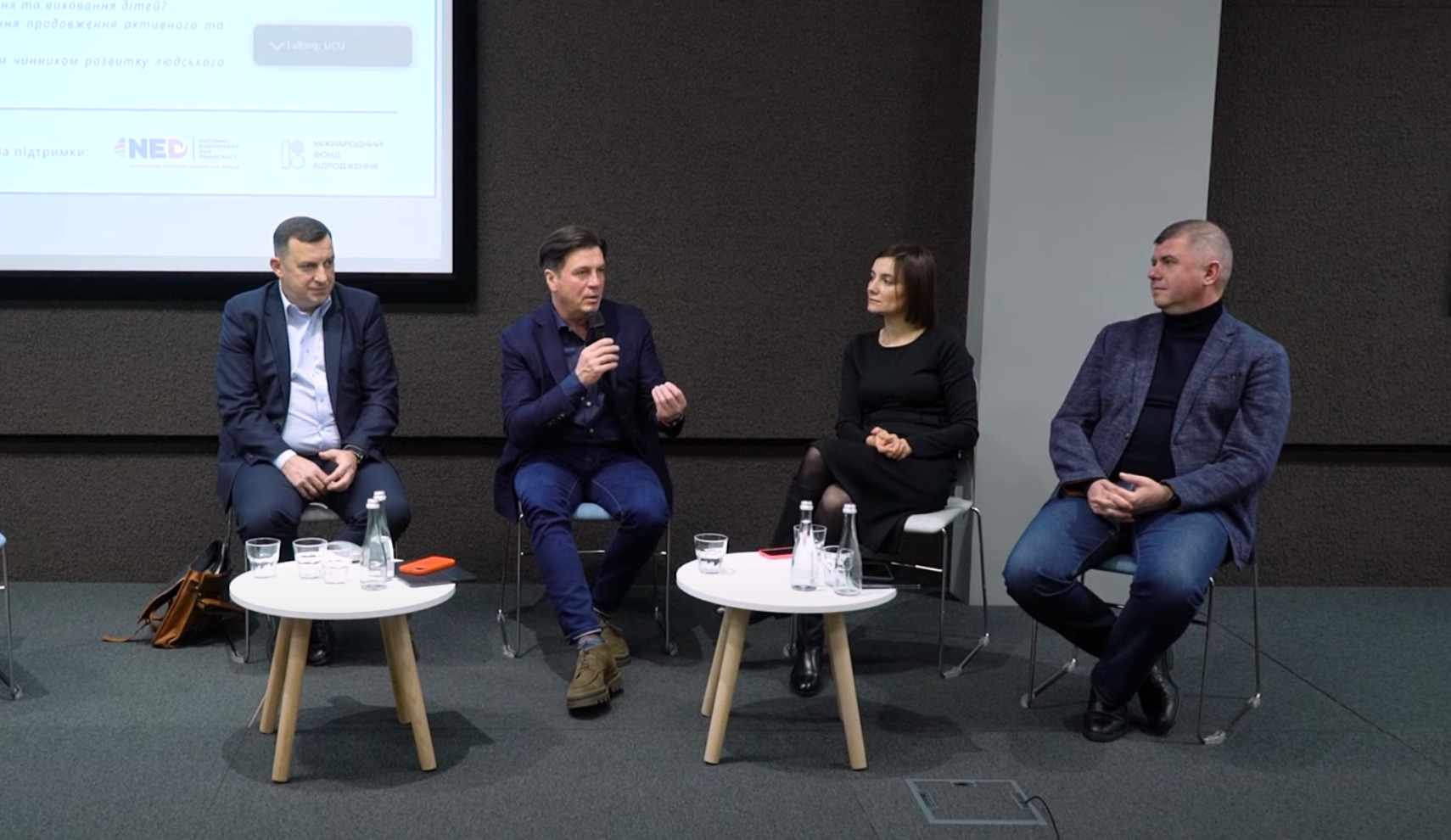
Zubko says that “the fight” to encourage Ukrainians worldwide to return to their native land is underway. Other countries work to attract Ukrainian people with security, access to education including free university education, and the availability of services; therefore, Ukraine should respond by advancing these opportunities for Ukrainians at home.
Zubko provides an example:
“I worked in the government and many countries whose citizens study abroad created funds that paid [their citizens] their salary in addition to the salary that was earned abroad.”
The former minister believes that the first step is to create stations where electricity and the internet would be available at all times during power blackouts caused by Russian missile strikes in schools and universities.
“This is where we can provide everything. Even services too – heat, light, internet, bomb shelters, and communication for children.”
According to Opatska, many Ukrainians left the country because Ukraine was unable to provide safe schools and lasting socialization. “No one will give a person back four years [of bachelor university education]. Young people have to socialize,” she said.
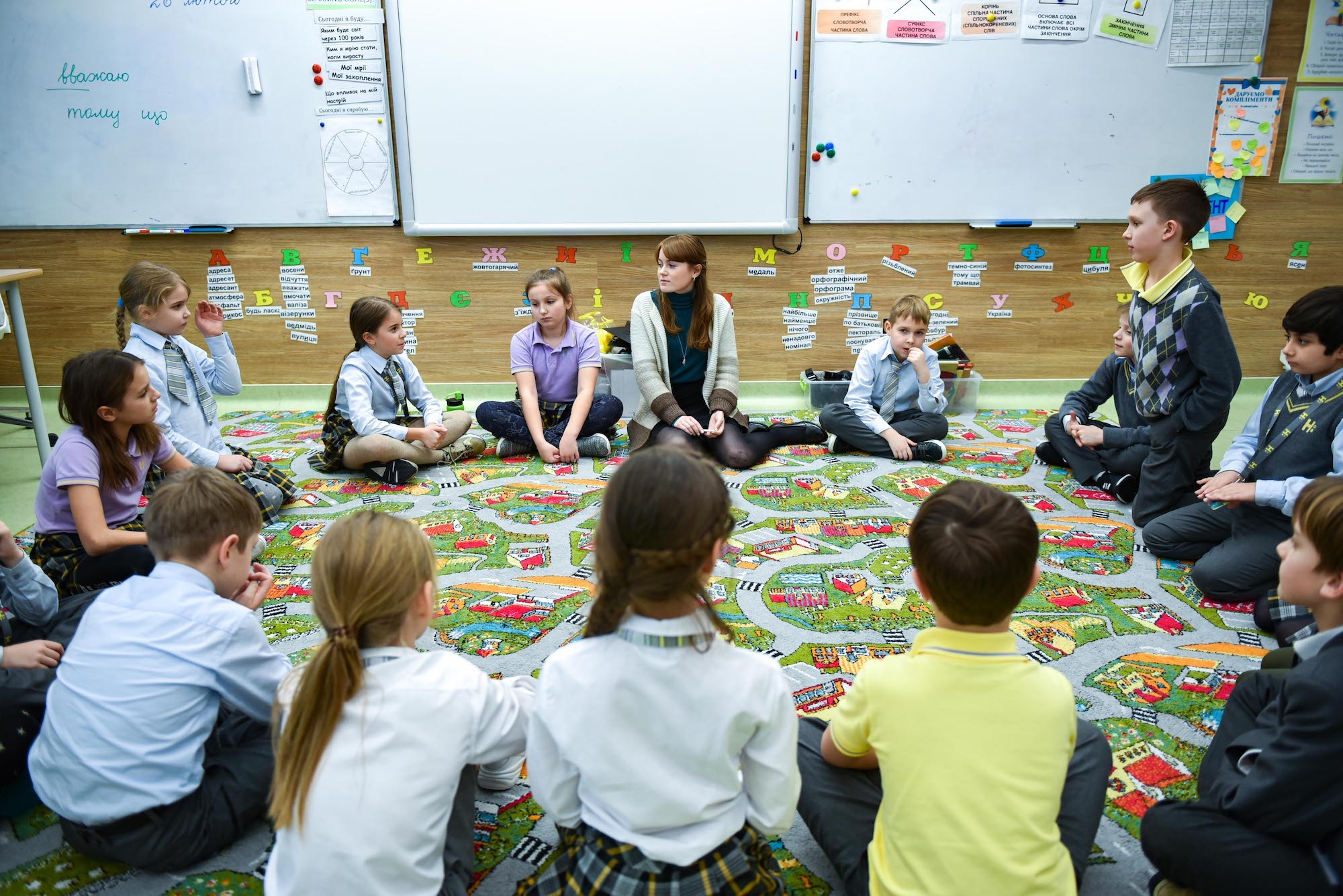
State Secretary of the Cabinet of Ministers of Ukraine Oleksandr Yarema visited many local Ukrainian communities, including Lyman where active hostilities took place in 2022, and stresses the importance of urban spaces and urban development.
“We want to stay here because here we can communicate with authorities,” members of the Lyman urban community told Yarema during one of his visits. Yarema adds that he holds annual conversations with the presidents of school governments. “Believe me, these conversations are so inspiring,” the official adds. He believes Ukraine must strive to develop the best practices in communication between power and business through trust and education.
Yaroslav Rushchyshyn, Secretary of the Verkhovna Rada Committee on Economic Development, believes that the major task Ukraine faces is returning its people “so that they come with their business or are given the opportunity to create one here.” Rushchyshyn believes that nothing enhances human potential as much as workplace creation.
To accomplish this, short-term educational programs are necessary, Zubko explains.
“What will university education be like in the future? No one has time to retrain for four years. We have to create short programs that will provide skills that allow people to return from Europe and learn to work.”
He adds that the labor market has drastically changed, and this will influence not only returning refugees but also hundreds of thousands of veterans of the war who will no longer work in their former specializations and will need quick programs to learn new skills. However, “a time of challenges and risks is always a time to learn,” Zubko believes.
Ukraine will not be able to repatriate everyone; therefore, it is also necessary to work with the diaspora, Kliuchkovska believes. The most effective ways to do this include supporting existing Ukrainian schools abroad and establishing new programs. The opportunity for dual citizenship may also be a step in enhancing the role and identity of the Ukrainian diaspora community.
Related:
- Ukraine’s population to “catastrophically” shrink to 35 million by 2030, demographers predict
- They thought we are cave people: stereotypes Ukrainian refugees face in Europe
- I’m done believing we’re the stupid ones, Ukrainian soldier tells Jonathan Franzen
- Lviv Garrison Church chaplains help soldiers find God amid war. And a pair of good boots
- Ukrainian theology professor turned sniper tells how to hunt for Russian invaders
- “Dearest daughter, it’s total Hell. Death is everywhere” – Ukrainian father on the frontline
- Russian occupiers launch war on Ukrainian history, burning books and destroying archives
- The Russian invasion of Ukraine is an assault on the very concept of freedom




